Essay
What Working At A Bookstore Taught Me
Being a reader is the most significant part of my identity. Even when I’m not actively reading, my deep-seated need to be surrounded by books is as essential as my need to breathe. Therefore, it stands to reason that my very first job was at a bookstore in Pune where I’d moved to as a college student in 2005.
The bookstore was called Twistntales and was a tiny space tucked away in a leafy lane, not too far from where I lived. I had already found out that they hired students for part-time work in the evenings, and I decided to go along and meet the owner. I worked six days a week in the evening, including weekends. We were closed on Mondays but what 19-year-old in 2005 had a social life on a Monday! To a reader, of course, none of this mattered very much. I would be working with books, around books. There wasn’t much else that I really needed then.
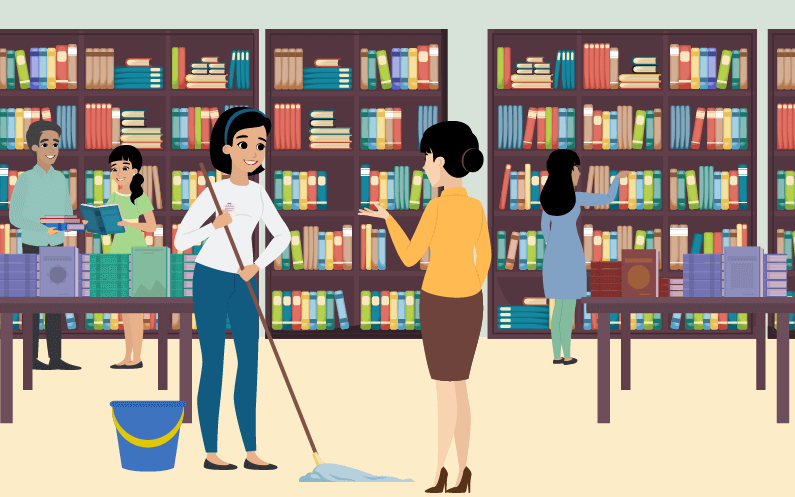
Personally Speaking
Twistntales was unique in its refusal to simply be a place that sold books. It was a space for community and for conversation. Done up in warm shades of red and brightly lit, it was intimate and welcoming. We were a store that specialised in reading for pleasure and in engaging with our customers. We remembered people’s names, faces and their reading preferences.
And we were obsessed with our stock. We carried the bestsellers and the classics, of course. But there was also a large space dedicated to children and young adults that went over and beyond Enid Blyton. Before I started working there, I had no idea that Mahasweta Devi had written a book for children called The Why Why Girl. I’d never heard of the deeply feminist writing that Zubaan published, or about its imprint for younger readers, titled Young Zubaan. At the same time, there were books that spoke of the richness and meaning of yin energy along with mother-daughter narratives like Ira Pande’s Diddi: My Mother’s Voice and Devyani Saltzman’s Shooting Water.
Each title was chosen with deliberation and deep affection. The owner, an avid reader herself, saw reading as a healing, inspiring act – perhaps one of the most beautiful examples of yin energy.
This serious involvement in every aspect of the store translated into the staff taking complete ownership. Even as part-timers, the store was ours, and no job was too big or too small as long as it helped create a better space for readers.
The Perfect Workspace
I worked at Twistntales all throughout college, returning sporadically after graduation to assist during special events. Even though the shop was tiny and the job part-time, there were a whole range of new skills that I managed to pick up during my time there.
I did everything from managing the till, doing inventory, writing reviews for the bookshop’s newsletter to mopping up wet footprints during the monsoon. And, so did everyone else.
The rules were simple. You had to show up on time, you had to be open to learning money management and customer care, and you had to take pride in the store as though it were your own. That meant arranging and rearranging the stock to display it well, ensuring the store was always clean and welcoming, and most of all, knowing your books. If a customer asked for a title, you had to be able to reach for it immediately. If it wasn’t available, you needed to know if it could be made available and by when. You offered the customer the option of ordering it and when the order was delivered to the bookshop, you called the customer and informed them about it. You needed to know the difference between a hardback, a trade paperback and a regular paperback, and the price points for each. You were never supposed to shrug your shoulders and say you didn’t know, or that the book just wasn’t there. This was customer care, with care highlighted, underlined and tattooed on your brain.
As a result, we organically learnt how to manage being a part of the ‘real-world’ workforce, even before joining it. We learnt the importance of knowing the skills necessary for our work, to avoid bluffing, to constantly keep ourselves and our job skills updated. And, most importantly, we learnt how to care about every nuance of our job, no matter how small it might seem.
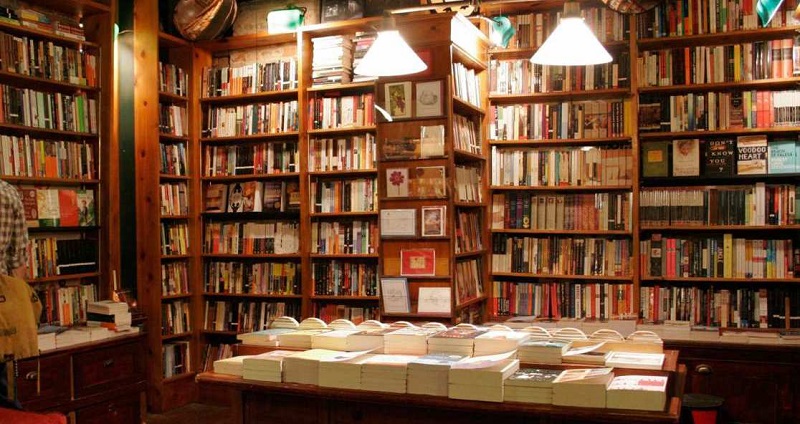
(Image via LitHub)
Talking Books, Selling Books
I’ve been recommending books to people since my school days, delighting in seeing them read something for the first time and falling in love with it. But, recommending books for friends and doing it for a customer are two very different things. In the latter case, I had to carefully observe and analyse a customer and their reading habits. We called it ‘book matchmaking’ at Twistntales.
There were those who ‘didn’t really read and just wanted to pass the time’ and those who loved a good mystery but wanted to move beyond Agatha Christie. There were the anxious gift-givers who would come in saying it was a 12-year-old’s birthday and they needed to get them ‘serious’ books to read, irrespective of the reader’s preferences. And those who weren’t readers but needed to buy a book for a friend who loved to read.
Conversation was key here, and it needed to come from a place that was somewhere between ‘I have to recommend the best book’ and ‘I need to make a good sale’. I was terrible at the latter – my integrity as a bibliophile ran strong, and I’d always recommend the better book over the more costly one. I rarely agreed with the bestseller lists and was known to occasionally push popular books I didn’t approve of to the back of the shelf.
At the time, my reading tastes leaned towards poetry and lyrical prose full of genuine feeling. I was effusive in my praise when trying to sell Michael Ondaatje’s The English Patient or Mamang Dai’s Legends Of Pensam. But there were those that wanted Dean Koontz or Robert Ludlum or Chetan Bhagat. These were writers I read sporadically or dismissed unapologetically. But, in book matchmaking, I had to let people follow their own hearts sometimes. It forced me to climb off my literary high horse and constantly rethink what constituted a ‘good’ book.
My literary prejudices did sometimes get the better of me. I distinctly remember rejecting Angus, Thongs And Full-Frontal Snogging believing, at age 20, that writing about love couldn’t be so blasé and full of slang. Today, however, I believe I’d probably enjoy reading it. Perhaps I’d even recommend it to a teenager trying very hard to be cynical about romance, or perhaps I’d talk to them about reading and romance and how laughable it can all be.
Because these are the lessons I continue to carry with me from my bookstore. Books lead to shared stories and conversation like nothing else. A working space without stories of every kind, from every corner is truly barren and unproductive. And finally, everybody has their own idea of a good book.
Endings And Learnings
It’s been 15 years since I went for that interview. Twistntales closed in 2013, and yet, the community that was created then continues to stand today. Friendships forged among those bookshelves have stood strong for over a decade.
Over the years, my reading and my understanding of the world has expanded. I may not sell books anymore but I do view writers and titles with a more open mind. I still get along better with readers, but non-readers have their own place in my heart. After all, we all have our stories to share, and we all deserve to be heard.
Despite it being a part-time job, Twistntales holds a place of pride in my professional development. I went in there as a teenager with no idea of how to work a card machine, or handle a till. Over the years, I worked with a dozen different co-workers, training some of them, and learning from all of them. Jobs I’ve held after that haven’t exactly required these skills, but I’d like to think I’ve taken certain practical lessons forward into new workspaces. Show up on time. Don’t panic if you make a mistake – there’s always a solution. Learn to apologise and own up to errors made. And, always remember, no matter how small or large the organisation, what you do, and how you carry out a job, will always matter.


Tia Basu
Having worked in journalism and digital content, Tia writes and edits for a living, and reads to live. She believes in the power of storytelling, cupcakes and a good bottle of rosé.
Read her articles here.

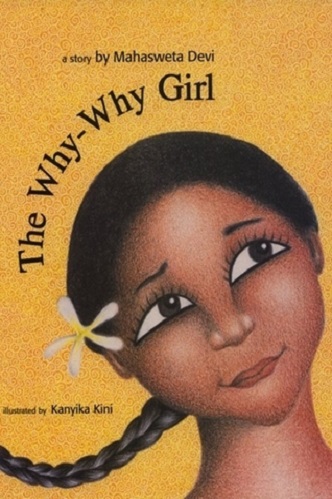
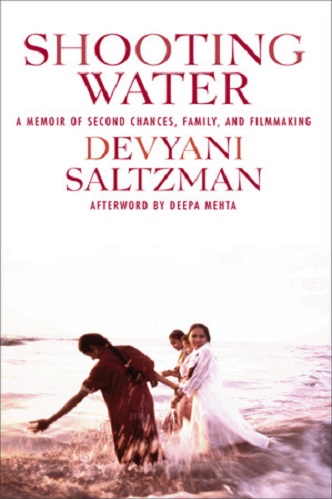

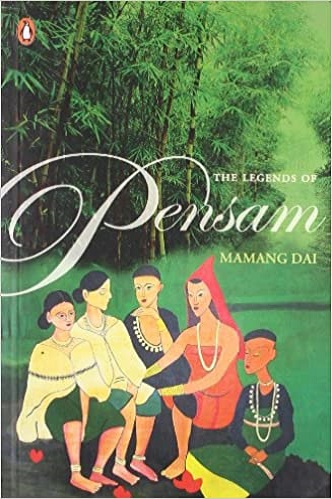


Lovely reading this. Thanks.
What a lovely read! Thanks for sharing your experience of your first job, the ideal one for a bibliophile. I wish more such bookstores existed today, because both, books and readers ,need such nurturing places.